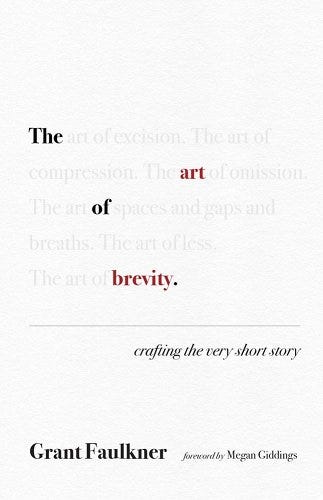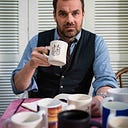Member-only story
The Art of Brevity
The art of compression. The art of omission. The art of less.

So many things in life happen randomly.
One night in 2010, my friend Jake posted a link on Facebook to nine 100-word stories his father, Paul Strohm, had published with the literary journal Eleven Eleven. It was late, my eyes were blurry, but I clicked on the link and became intrigued by the series of tiny tales that were part of his memoir, Sportin’ Jack, which consisted of 100 one-hundred-word stories.
I liked the stories because they were little snapshots that allowed Paul to tell his life story through key pivotal moments instead of a larger memoir with a big narrative arc centered around major events.
Our lives are about small moments — or small moments that are actually big moments. It was as if Paul’s stories were photos in a Kodak carousel, flashing from one life moment to the next. In fact, he told me he modeled the form as if writing with a fixed-lens camera, with the idea that an arbitrary limit inspired compositional creativity.
I’d been working off and on for 10 years on what I now call my “doomed novel,” which had not only begun to weigh down my creativity but weigh down my life as well, so I decided to take a break from it and try my hand at writing these tiny stories.
I also just wanted to shake up my creative process. I’d been writing towards “the more” all of my life, after all. “More” is a key word in learning to write. We level up as writers, writing longer papers and using bigger words and longer sentence constructions at each academic stage because we’re taught that serious, sophisticated thoughts need more of everything to be conveyed.
Brevity allows us to get close to the unsayable, to know something that is beyond words or the wordless moments words bring us to.
Most of my writing life had been a training ground of “more,” in fact, so I rarely conceived of writing less. Even when I got my MFA, I frequently heard the comment, “I want to know more about _____” in many of the creative-writing workshops I took. More characterization, more backstory, more details — more of everything.









